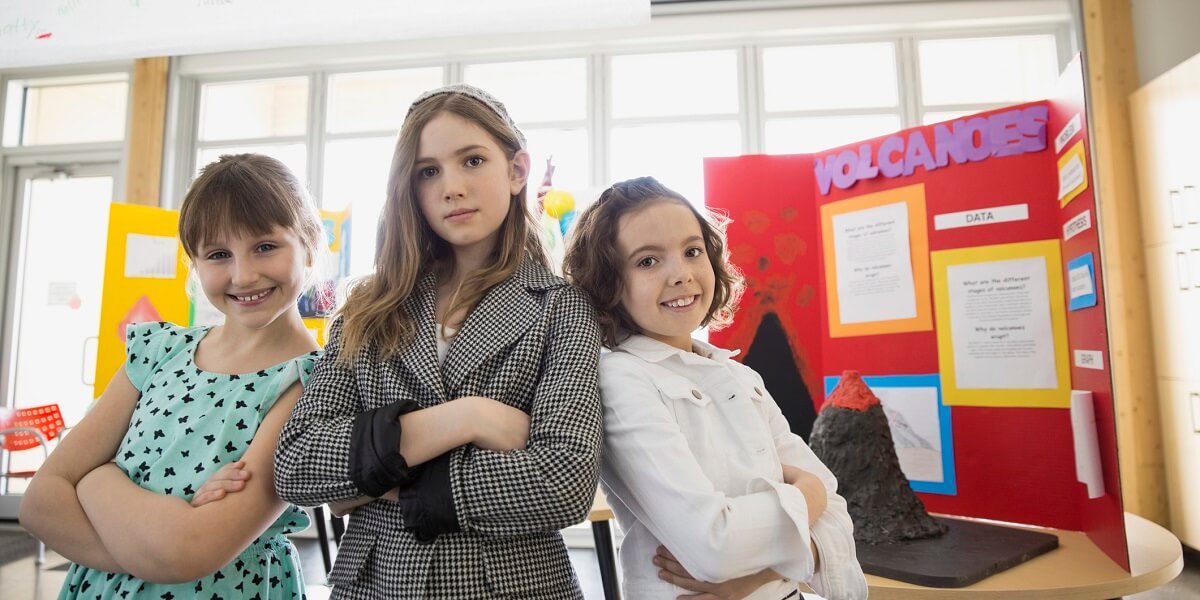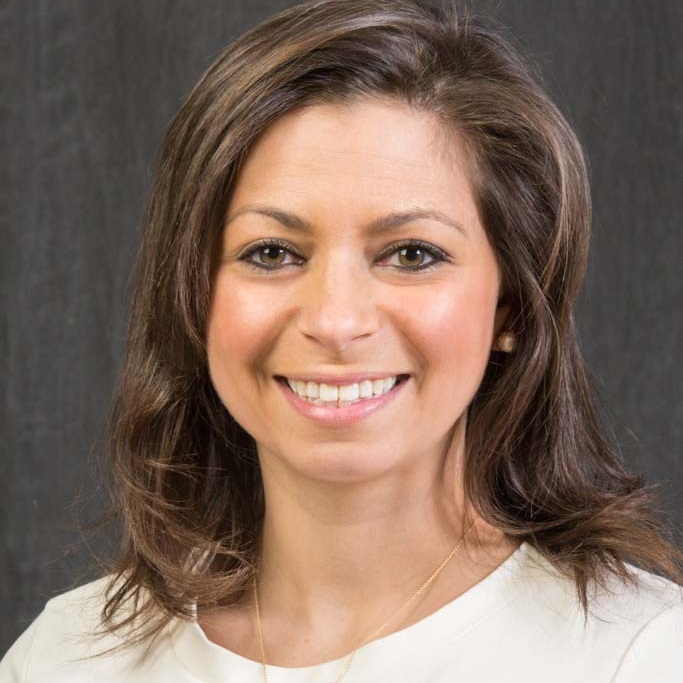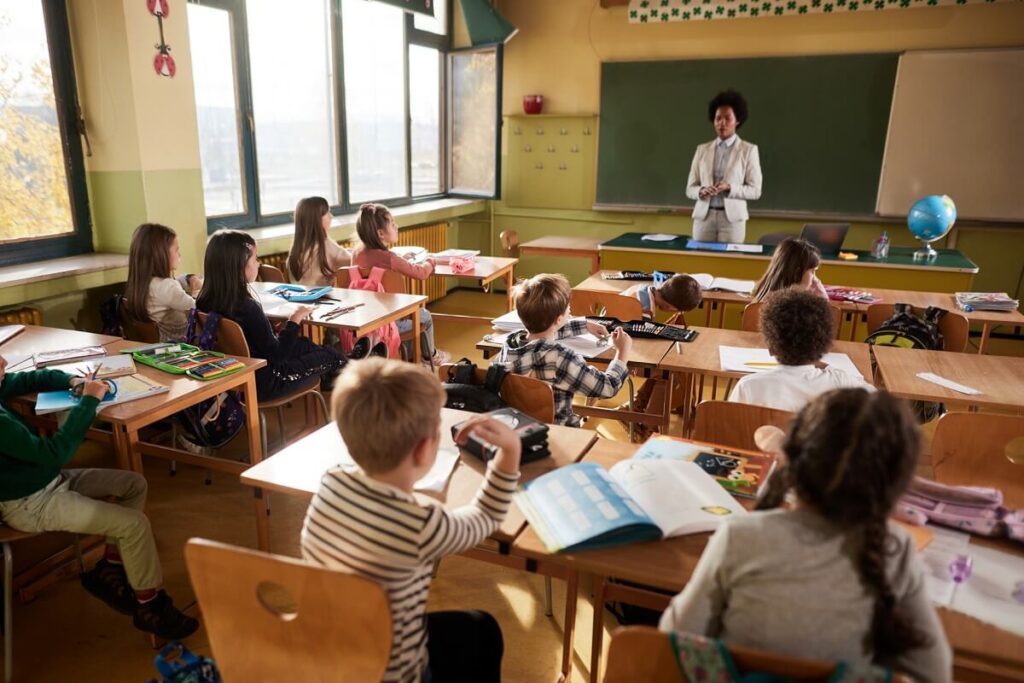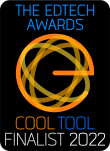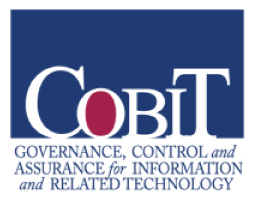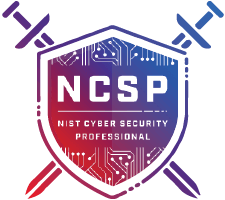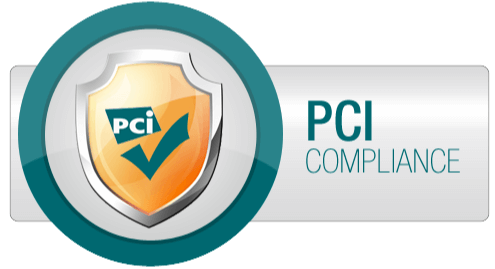Eager to learn.
Demonstrates innate leadership abilities.
An inspirational role model for peers.
A joy to have in the classroom environment.
Well-prepared for future accomplishments.
Nurturing Core Competencies: The Pathway to Achievement
These statements mirror the desires of parents for their child’s academic report and the aspirations of educators for their students’ growth. The abilities underlying these qualities can be learned and purposefully cultivated, especially by integrating executive function and social-emotional learning.
Researchers have identified research-backed skill building that promotes success in:
- academics
- careers
- personal life
This focuses on strengthening executive function and social-emotional competencies.
Cultivating Excellence with SEL and Executive Functioning
The gradual improvement of children’s executive function and social-emotional skills can be facilitated through meaningful interactions and experiences in:
- school
- home
- community contexts
Educators and schools can intentionally design daily interactions to strengthen these skills and integrate social-emotional learning and executive function into the core of classroom life, thereby creating a more holistic and supportive learning environment for all students.
This fact highlights the immense potential within each and every student.
A Lens of Social and Emotional Learning to Optimize Executive Function
As educators, we have the ability to nurture these critical skills and connect them to social-emotional learning standards. This cultivates success by taking a social-emotional learning perspective. By integrating social and emotional learning into our teaching methods, we can optimize executive functioning in our classrooms.
By combining SEL and executive function skills, educators can help students succeed in:
- self-awareness
- self-management
- decision-making
This combination leads to better executive function and social-emotional learning. Guiding students in understanding and regulating their thoughts and emotions (self-awareness) empowers them to astutely manage their behaviors (self-management).
By integrating social and emotional learning into our teaching methods, we can optimize executive functioning in our classrooms.
Deciphering the Pathways: Decision-Making and Self-Regulation
Being aware of oneself and managing one’s behavior helps develop the ability to make thoughtful decisions and regulate oneself. Furthermore, the very foundation of prosperous student journeys lies in adept social awareness and skillful relationship management.
Educators who skillfully support students in building social awareness help them understand others’:
- emotions
- experiences
- viewpoints
This fosters empathy in students.
These skills are like the foundation stones for forming strong connections with others. They involve interacting with others:
- listening
- collaborating
- resolving conflicts
- being kind, considerate, respectful
Students do well when they understand themselves and how to get along with others. This helps them achieve their own goals and build better relationships with people around them.
However, this narrative transcends the realm of students.
Beyond Teaching: The Educator’s Role
Educators have the chance to embody these techniques for their students. They can teach executive functions and emotional control through hands-on guidance.
They can also teach these skills through real-life examples. Additionally, they have a curriculum focused on social and emotional learning.
A powerful pedagogical approach is embracing:
- emotion regulation
- mindfulness of feelings
- empathetic demeanor
- influence of emotions on learning and decision-making
Educators must genuinely acknowledge their strengths and those of the school community.
They should also be alert to their own biases and navigate challenges with determination. Teaching these practices is not enough; it is important to consistently live by them.
Students, regardless of age, can sense authenticity. The effectiveness of teaching depends on embodying these principles. Educators must not merely convey these skills; they must personify them.
Explore the art of authentically demonstrating and teaching SEL practices by viewing our SEL webinar Resources. We will show you how to strategically blend these practices to enhance executive function in your educational environment. Together, we will elevate the educational tapestry, nurturing students, and educators alike to soar toward holistic success.
About the Guest Author

Susan E. Rivers, Ph.D.
Executive Director and Chief Scientist for iThrive Games
Susan E. Rivers, Ph.D. is the Executive Director and Chief Scientist at iThrive Games, where she uses her expertise in adolescent social and emotional development to lead innovative game and experience design that promotes and protects teen mental health. Dr. Rivers earned her doctorate in psychology as well as a Master’s of Science and a Master’s of Philosophy from Yale University, held postdoctoral appointments at Yale University and Cornell University, was a lecturer at Skidmore College, served as research faculty in the Department of Psychology at Yale University for over a decade, and was a co-founder of the Yale Center for Emotional Intelligence. She is a fierce believer in the genius of young people and an advocate for their wellness, spending the last two decades developing, leading, and evaluating programs and efforts that support their social and emotional development.
With iThrive, she has co-designed responsive and immersive games, tools, and experiences for teens that support their wellness and learning about themselves, society, and the world. Her research has been funded by the William T. Grant Foundation, the Spencer Foundation, the Institute of Education Sciences, the Einhorn Family Charitable Trust, Air Force Research Laboratory, and others. She is serving a 5-year term as a Principal Member of the Social and Behavioral Education Research Peer Review Panel with the Institute of Education Sciences. Dr. Rivers is also the founding Editor-in-Chief of the Journal of Games, Self, and Society and is an alum of the Large-Scale Social Change Leadership Fellowship with the Billions Institute.
